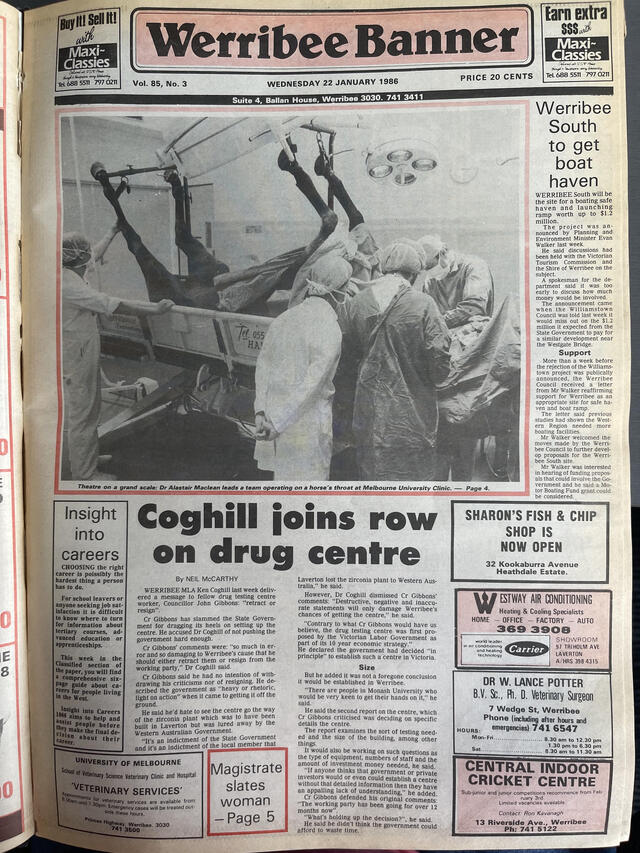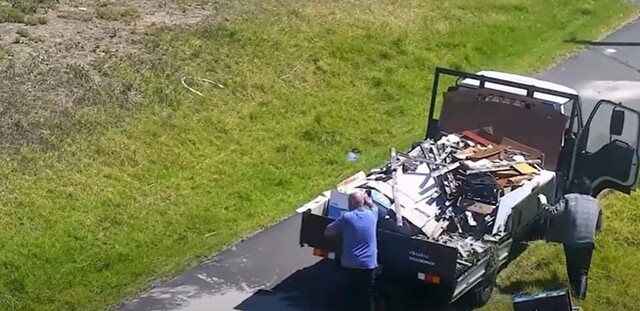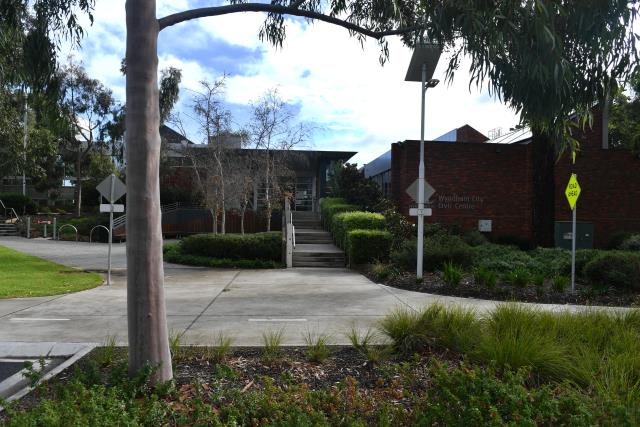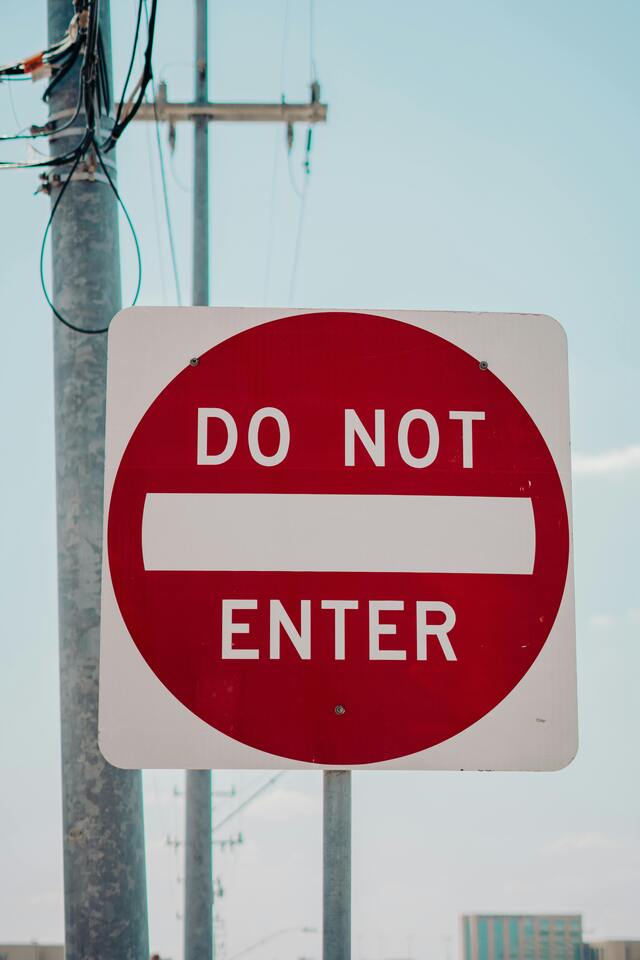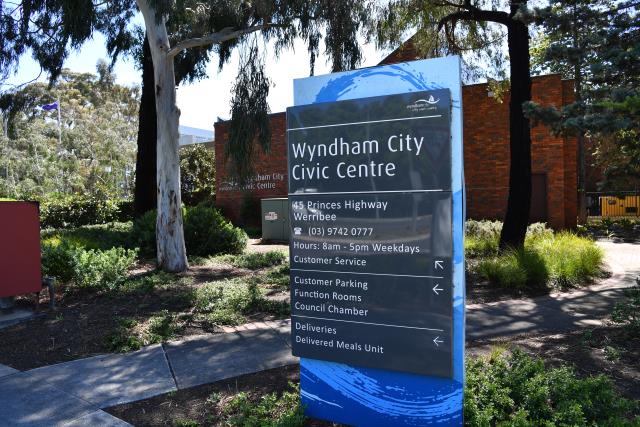Victorians, including those from Wyndham, are being urged to be on the lookout for impersonation scams to avoid handing over their hard-earned money to fraudsters.
With Scam Awareness Week starting November 27, Consumer Affairs Minister Gabrielle Williams encouraged Victorians to be alert and aware of the warning signs for scams.
The focus of this Scam Awareness Week is impersonation scams – where scammers purport to be a reputable brand or organisation like a government agency, bank or community group.
So far this year Victorians have reported losing almost $96 million to scams. This includes $8.7 million lost by Victorians to “phishing”, when a fraudster sends a fake message or email to seek bank account or password details.
Many people who experience a scam never report it due to feeling embarrassed or powerless, but scams are never the fault of the victim and can happen to anyone.
Consumer Affairs Victoria has created a Scams Quiz so Victorians can learn how to identify different types of scams and know how to check if they are being contacted by a genuine organisation.
Common warning signs include being contacted unexpectedly and pressured into doing something quickly, like making an urgent payment online, being enticed to click on a link where you are prompted to upgrade or log in to something, being told you will be in serious trouble unless you make the payment immediately, or being asked to provide your account details via email.
If you are unsure, call the relevant organisation on the number listed on the genuine website. Genuine organisations will be professional in their interactions and will not threaten legal action or arrest if you cannot pay.
Victorians have reported more than 65,000 scams to Scamwatch so far this year. Almost 1,500 scams were also reported directly to Consumer Affairs Victoria last financial year and shared with Scamwatch, the most common being scam calls and text messages, phishing, fake tradies, and investment and financial scams.
Consumer Affairs minister Gabrielle Williams said that every year thousands of Victorians lose money due to scams – sometimes with devastating consequences.
“Scams can take many forms but they are always a crime and never the fault of the victim. We want Victorians to be alert to the dangers and to contact Consumer Affairs Victoria in the event of suspicious activity,” she said.
Consumer Affairs Victoria provides information to Victorians to help them understand their rights and options when they think they have been exposed to a scam.
Details: consumer.vic.gov.au/scams



